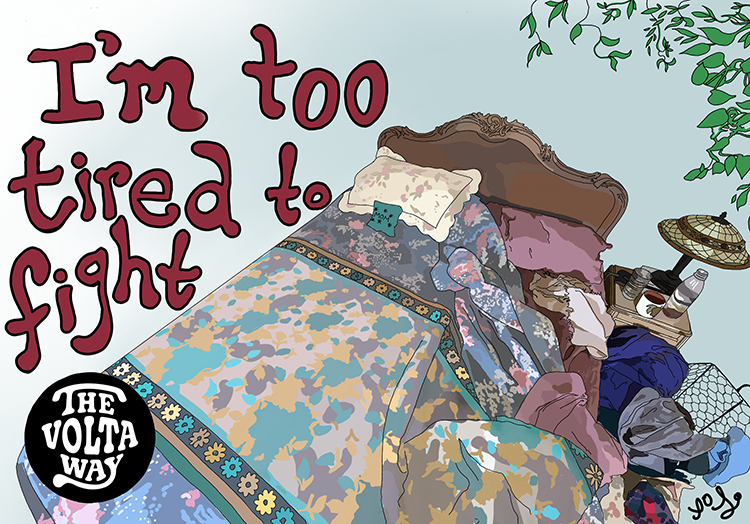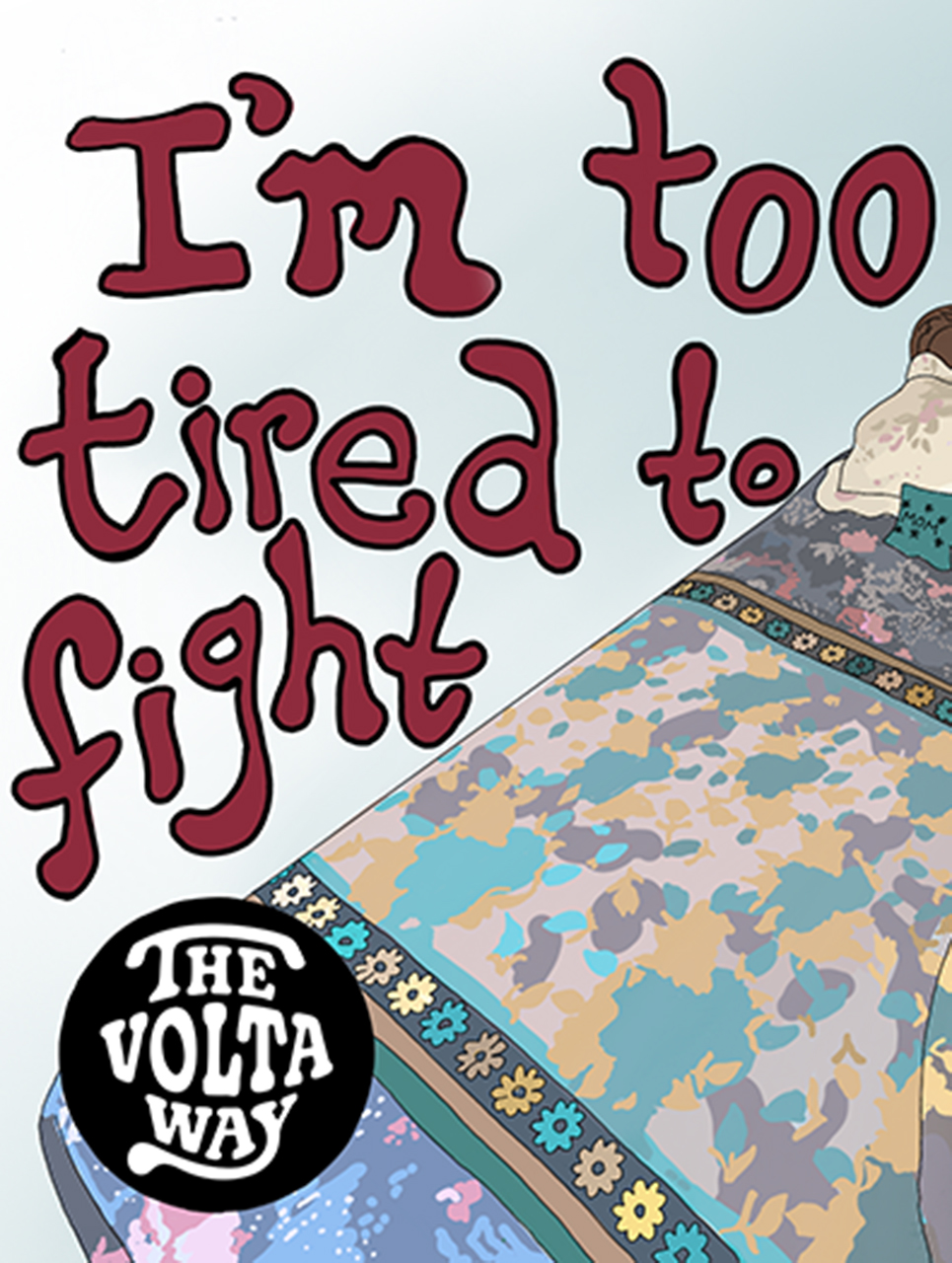
Consider this scenario: a person asks their partner to clean up the laundry in their shared bedroom. In doing this, the bedroom would be tidy. The person who put the request in has done everything to keep the bedroom tidy for themselves, and even goes so far as to be the consistent caretaker and cleaner of the space.
You could understand if there might be some tension here.
This type of request is often greeted with resistance and judgment directed at the person who made the request. This is why many people choose to bite their tongues and just do the work themselves in fear of becoming “the nag.”
Looking at our homes through a lens of compassion, the dispute can be a starting ground for shared understanding and a place to neutralize these feelings.
I’ve heard people talking about how household chores are morally neutral. I would agree that we shouldn’t think of ourselves as bad people if our homes are messy or judge others for how their spaces look.
On the other hand, when we have feelings of guilt, frustration, defeat or have thoughts that make us question our domestic morality, it’s a reflection of something deeper that should be examined.
Most times these big feelings of moral failures can be traced to the patriarchal expectations that fall on women to be perfect homemakers. There are also pressures we all feel, regardless of gender, when we come up against our own domestic self-judgment.
Let’s imagine that the person placing the aforementioned request does not believe that their partner is morally deficient for neglecting to fold and put away their clothing—but there is a problem. The requester wants to live in a way that doesn’t seem to matter to the other person and they feel disrespected. Sound familiar?
And it works vice versa: the person who throws their clothes on the floor doesn’t care if they make a pile. They are indifferent if the clothes are here or there because it doesn’t matter to them what the room is like.
If laundry and mess have no moral value, why is this issue often treated with such severity and held with such emotional weight?
When a person feels as though they are being disregarded or disrespected the concept of right and wrong does make its way into the conversation.
There is absolutely nothing wrong with wanting the bedroom to be clean and asking your partner to participate in co-creating a respectful environment. There is also nothing wrong with not making your bed or leaving clothes on the floor.

There is something wrong when there is blatant disrespect and judgment toward each other about the situation.
The goal should be to come to a shared agreement on the level of care you both aspire to when doing various chores. This will help both people involved to separate the scenario from the relationship. It will also create a firm rubric for the future that you both can use to determine whether the standard of care you both are taking falls in line with the way you both want your space to be.
In contrast to many new emerging voices that talk about how chores are quick and easy and meaningless, I put more of an emphasis on the way they mark the quality of the relationships within the home. If the relationships are supportive and respectful, then there is harmony whether the dishes are clean or not.
We don’t necessarily need motivation to clean up, but we do need the drive to cultivate a mutually respectful home. This might mean having to modify our domestic behaviors.
It is also important to recognize the different tiers of relationships at play.
The first is the one that you have with yourself. Then those you have with others (people, pets and plants) in your home. Then your relationship with reality.
Because our first relationship is to ourselves, it’s not surprising that we pass judgment on ourselves when we are not performing the way we think we ought to—it’s easy to judge, cast blame and make things a moral issue when it’s something deeper.
Whether alone or in a relationship, we can fight off our self-judgment by understanding the roots of our domestic history. Oppression within the home is still very prevalent in our culture and it’s easy to let the home become a morally gray area. What matters most is that we take the time to process, learn and grow from where we are.
Compassion and grace are the keys to a home that reflects the best parts of our humanity—a home where we all want to live.
Lois Volta is a home life consultant, artist and founder of The Volta Way. Send questions to info@thevoltaway.com.









